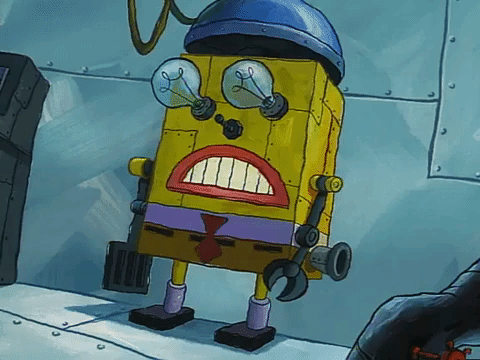
Title: The Impact of Artificial Light Pollution on Bird Behavior In recent years, there has been growing concern over the effects of artificial light pollution on various aspects of wildlife. A new study published in Nature Communications reveals that this issue extends to birds as well, with light pollution extending their day by almost an hour. Researchers analyzed bird calls from more than 500 species across multiple continents and found that due to unnaturally bright skies caused by human-made lights, these birds start vocalizing about 20 minutes earlier in the morning and stop around 30 minutes later in the evening. This phenomenon has significant implications for both bird behavior and ecology. For instance, it can disrupt their natural feeding patterns or lead to increased predation risk during extended daylight hours. Moreover, this change in daily routine may also affect breeding cycles since birds typically rely on specific environmental cues such as sunlight duration to regulate these activities. Historically speaking, artificial light has always been a part of human civilization. However, with rapid urbanization and technological advancements, the intensity and spread of artificial lights have increased exponentially over time. This has led to widespread light pollution that not only affects birds but also other nocturnal animals like insects and bats. As for potential implications, this extended daytime could lead to a shift in bird populations as they adapt to these new conditions. It might cause some species to migrate earlier or later than usual, potentially disrupting ecosystem balance. Additionally, it may also impact human activities such as agriculture and tourism that rely heavily on natural cycles of wildlife. In conclusion, the findings of this study underscore the urgent need for stricter regulations on artificial lighting systems. Governments should consider implementing measures like using energy-efficient LED lights with motion sensors or dimmers to minimize light pollution. By doing so, we can help preserve our planet’s delicate ecosystem and ensure a sustainable future for both humans and wildlife alike.
Source: [Original Article](https://www.npr.org/2025/08/21/nx-s1-5507165/light-pollution-bird-day-hour-longer)
#artificial
Check out my AI projects on Hugging Face, join our community on Discord, and explore my services at GhostAI!

